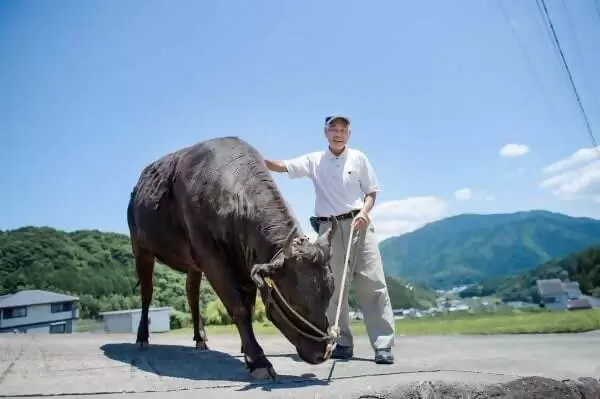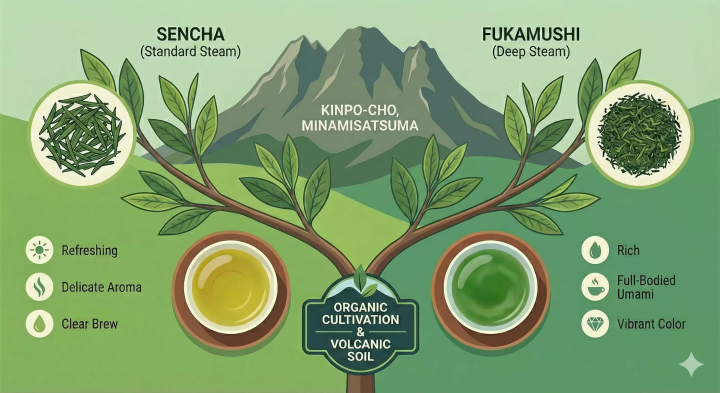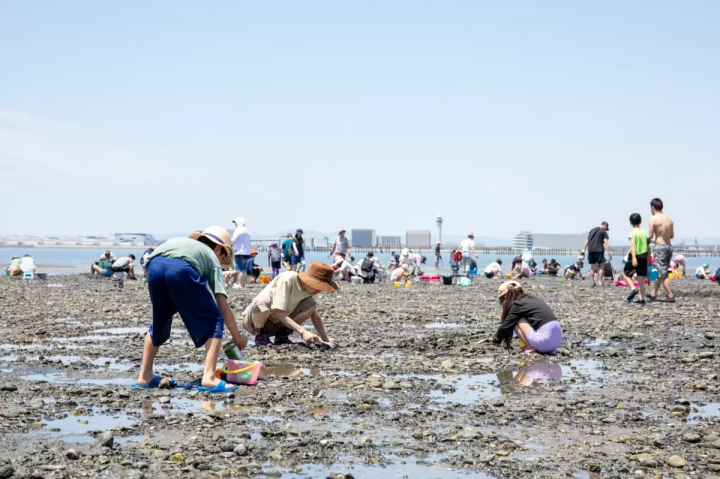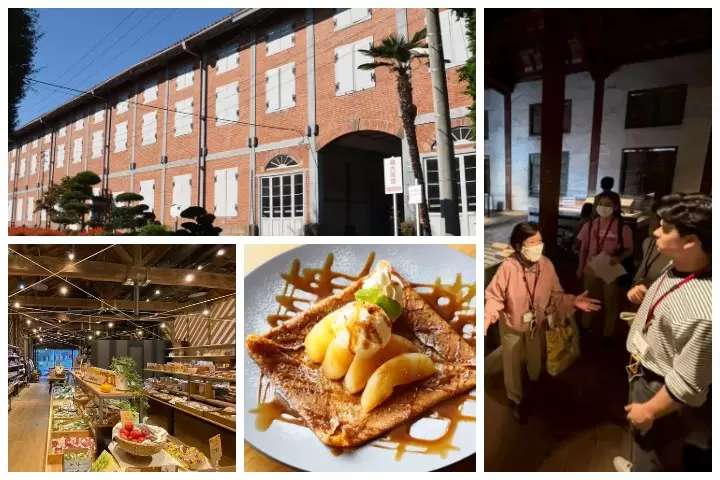[for all travelers! ] What people who can't speak Japanese need to know to enjoy sightseeing in Japan
![[for all travelers! ] What people who can't speak Japanese need to know to enjoy sightseeing in Japan](https://resources.matcha-jp.com/resize/720x2000/2023/11/10-151744.webp)
If you don't speak Japanese, you'll likely encounter a language barrier when traveling to Japan. Many Japanese people you will meet during your travels, whether in the city, restaurants, stations, etc., often cannot even speak English, making it difficult to communicate with them. This is especially true if you want to travel outside of big cities like Tokyo and famous tourist destinations. However, that doesn't mean you can't enjoy sightseeing in Japan. This article introduces tips to help you ...
*This article has been automatically translated from Japanese.
move
Mobility is one of the essential elements when traveling. If you are new to Japan or are not used to it, you may be nervous about moving to Japan. But don't worry. In terms of transportation, you feel comfortable even if you don't speak Japanese. We'll show you how to use trains, buses, and taxis without speaking Japanese.
train
![[for all travelers! ] What people who can't speak Japanese need to know to enjoy sightseeing in Japan](https://resources.matcha-jp.com/resize/720x2000/2023/11/10-151748.webp)
[Suica]
When using trains in Japan, buying a ticket each time you ride is possible, but we recommend using an IC card called Suica. Suica is a prepaid card that can be used for public transportation, reducing the burden of purchasing tickets for each destination each time you use the train.
Suica can be purchased at ticket vending machines at stations. There are also external services that sell online, in which case you can pick up your Suica at Haneda Airport, etc., and get your trip off to a smooth start.
In addition to regular Suica, we also sell Suica with expiration dates for travelers, so please consider purchasing one according to your length of stay and purpose.
![[for all travelers! ] What people who can't speak Japanese need to know to enjoy sightseeing in Japan](https://resources.matcha-jp.com/resize/720x2000/2023/11/10-151749.webp)
[Shinkansen ticket purchase]
If traveling long distances, consider using the Shinkansen instead of just the subway or conventional lines. There are several ways to purchase Shinkansen tickets.
The first method is to purchase from a ticket vending machine at the station. Most ticket vending machines have English support, so you can buy tickets on the spot by entering your destination into the engine.
The second option is to purchase online. For example, if you use the app/site called smart-ex, you can buy Tokaido/Sanyo Shinkansen tickets online in advance in English. Additionally, if you purchase a ticket with the JR pass, you can ride unlimited transportation, including the Shinkansen, depending on the length of your stay. In addition, JR East has an English website, and you can do everything from purchasing tickets to reserving seats on the website, as well as other train information, so we recommend you read it.
![[for all travelers! ] What people who can't speak Japanese need to know to enjoy sightseeing in Japan](https://resources.matcha-jp.com/resize/720x2000/2023/11/10-151750.webp)
[Signs/information]
When using public transportation in major cities such as Tokyo and tourist destinations, signs and voice announcements are bilingual (Japanese and English), even if you need to improve in Japanese. It will be less of a struggle. Recently, the number of signs in Chinese and Korean has also increased. Conversely, if you need help understanding all those languages, you may need to take a photo and use an in-image text translation app.
![[for all travelers! ] What people who can't speak Japanese need to know to enjoy sightseeing in Japan](https://resources.matcha-jp.com/resize/720x2000/2023/11/10-151776.webp)
【Transfer guide】
If you are transiting by public transportation, searching on transit guide apps or Google Maps is effective. You can search for trains and buses in your native language and arrive at your destination comfortably. Typical transit guide apps include ``Japan Travel by NAVITIME'' and ``Japan Transit Planner.''
bus
You can often use Suica on buses and trains when traveling from urban areas to regional cities. By the way, you cannot get Suica on the bus, so we recommend purchasing it in advance from a ticket vending machine at the station or some other method.
On the other hand, many buses still accept cash, so I recommend you prepare money with minimal change when using the bus. On buses where Suica cannot be used, a machine at the boarding gate dispenses a ticket to prove your boarding location, so remember to pick one up. Fares vary depending on the boarding location. If you don't know how much the fare is when you get off the bus, show your ticket to the bus driver and ask, "How much?"
taxi
Ride-sharing has yet to be allowed in Japan, so taxis are the primary way to reach your destination. However, please note that most taxi drivers only speak Japanese. When using a taxi in Japan, we recommend installing a taxi app. Famous ones include "GO" and "S.RIDE." If you use the app, you can do everything from dispatching a taxi to paying for the taxi within the app, so you can reach your destination without communicating with the driver in Japanese. When going to a famous tourist spot, you can tell the driver your destination relatively quickly, but if you want to go to a little-known site, it is better to set the goal using an app.
hotel
Securing accommodation is also essential when traveling. However, unlike transportation, accommodation reservations are often completed online, so it may not be as difficult as traveling.
You can usually book hotels and guesthouses in Japan through global booking sites and apps. These are generally available in your native language as well as English, so you can easily secure accommodation. For example, booking.com, agoda, hotels.com, and Airbnb are some of the most well-known services. Primary travel reservation services in Japan also support English so that it might be worth a try. Japanese travel reservation services often have more information, so if you're thinking of sightseeing other than the Golden Route, try them.
You may also be worried about check-in and communication during your stay. Usually, relatively large hotels and guesthouses frequented by foreigners in large cities and tourist destinations like Tokyo often have staff who can communicate in English and Chinese and multilingual pamphlets. On the other hand, in rural areas and small hotels, there are many cases where only Japanese is available. In such cases, communication in Japanese may be unavoidable. Be sure to memorize Japanese phrases and be able to use Google Translate.
Eating and drinking
One of the joys of traveling to Japan is eating delicious food. Unfortunately, Japanese restaurants are not very multilingual. Still, if you keep a few points in mind, you should be able to comfortably enjoy Japanese restaurants even if you don't speak Japanese.
Search/Reservation
There are many restaurants in Japan, and you may need clarification about where to go on your limited itinerary. In that case, consider using a website specializing in restaurants. By referring to them, you will get an idea of the menu, prices, and restaurant atmosphere in advance according to your requirements.
Also, by using such sites, you can search and make reservations all at once. Many restaurants, especially casual establishments, do not require reservations and are often walk-in. However, getting into popular stores or during the tourist season may be difficult, so it's a good idea to make a reservation. That way, you can enter the store without communicating with staff.
order
In many restaurants, menus are often only in Japanese. There might be photos of the meals on the menu, but if there are any ingredients you cannot eat due to allergies or religious reasons, you will need to check with the staff. Many restaurant staff only speak Japanese, so communication can be difficult.
There are three main ways to deal with this. The first is to memorize simple Japanese phrases. If you search the internet, you will probably find several websites compiling Japanese words for restaurants. The second is the use of tools such as Google Translate. Translation tools are helpful for communicating with store staff and translating menus directly using image recognition functions. The third option is to use the restaurant search app/service I mentioned earlier. With many apps/services, depending on the restaurant, you can view the menu when making a reservation and reserve what you want to eat at the same time, which is convenient.
Accounting/Settlement
Checkout is relatively easy compared to searching, making reservations, and ordering. Cash or a card is mainly required, but as long as you remember some simple Japanese phrases for checkout, you should have no problem. Also, some restaurant search apps even allow you to pay the bill.
sightseeing
You may feel less of a language barrier at famous tourist spots in Japan. English guides and multilingual pamphlets are available, and signs and information are often written in multiple languages, including English and Chinese. Information such as personal blogs written in English may also be helpful. In addition, many tourist information centers in the city have staff who can speak English, so you can rely on them if you have any problems.
However, the language barrier is high when you go to tourist destinations or regions that are not famous. Many people in the city only speak Japanese, so you may not be in an environment where you can ask them when you have a problem. After all, the key is not only to use translation tools such as Google Translate and to memorize Japanese phrases but also to do careful research before traveling.
Oyraa is an app that can definitely overcome language barriers.
![[for all travelers! ] What people who can't speak Japanese need to know to enjoy sightseeing in Japan](https://resources.matcha-jp.com/resize/720x2000/2023/11/10-151796.webp)
While traveling, you may need help to cope, no matter how well you prepare. Nothing beats verbal communication, even if you have apps, Japanese phrases, and translation tools.
Verbal communication is necessary not only for troubleshooting but also for enjoying sightseeing in Japan. Understanding their historical and cultural background is needed to enjoy many of Japan's tourist destinations. The best way to understand the historical and cultural scene is to hear directly from the people who live there.
Therefore, I would like to recommend the interpretation app "Oyraa." Oyraa is a smartphone app that allows anyone to quickly and inexpensively use human interpretation. You can call a professional interpreter 24 hours a day, 365 days a year, without reservation, and use it in minute increments. We have 2,000 registered interpreters in 153 languages and can provide services in languages other than English and Chinese. You only pay for what you use at a reasonable price of about 1 USD per minute. Also, since it is an app call, no SIM is required, and calls are free. You can call anywhere in the world with language support by entering your phone number after connecting with an interpreter on the app. So that you can also use it to make phone inquiries about accommodations and places you visit.
There are many spots in Japan that you would like to visit during your trip, such as hidden restaurants, old folk houses, and hidden tourist spots, even though they are not available in multiple languages. Enjoy stress-free sightseeing in Japan by easily using telephone interpretation with the Oyraa app!
Oyraa is a smartphone app that allows anyone to easily and inexpensively use human interpretation. Professional interpreters can be called 24 hours a day, 365 days a year, without the need for a reservation, and can be used by the minute. There are 2,700 interpreters registered in 153 languages, and they can also handle languages other than English and Chinese. The usage fee is reasonable, at about 1 USD per minute, and is only charged for what you use. In addition, since it is an app call, no SIM card is required and the call is free. Interpreters can be added to both face-to-face conversations and telephone conversations.
The contents on this page may partially contain automatic translation.




































